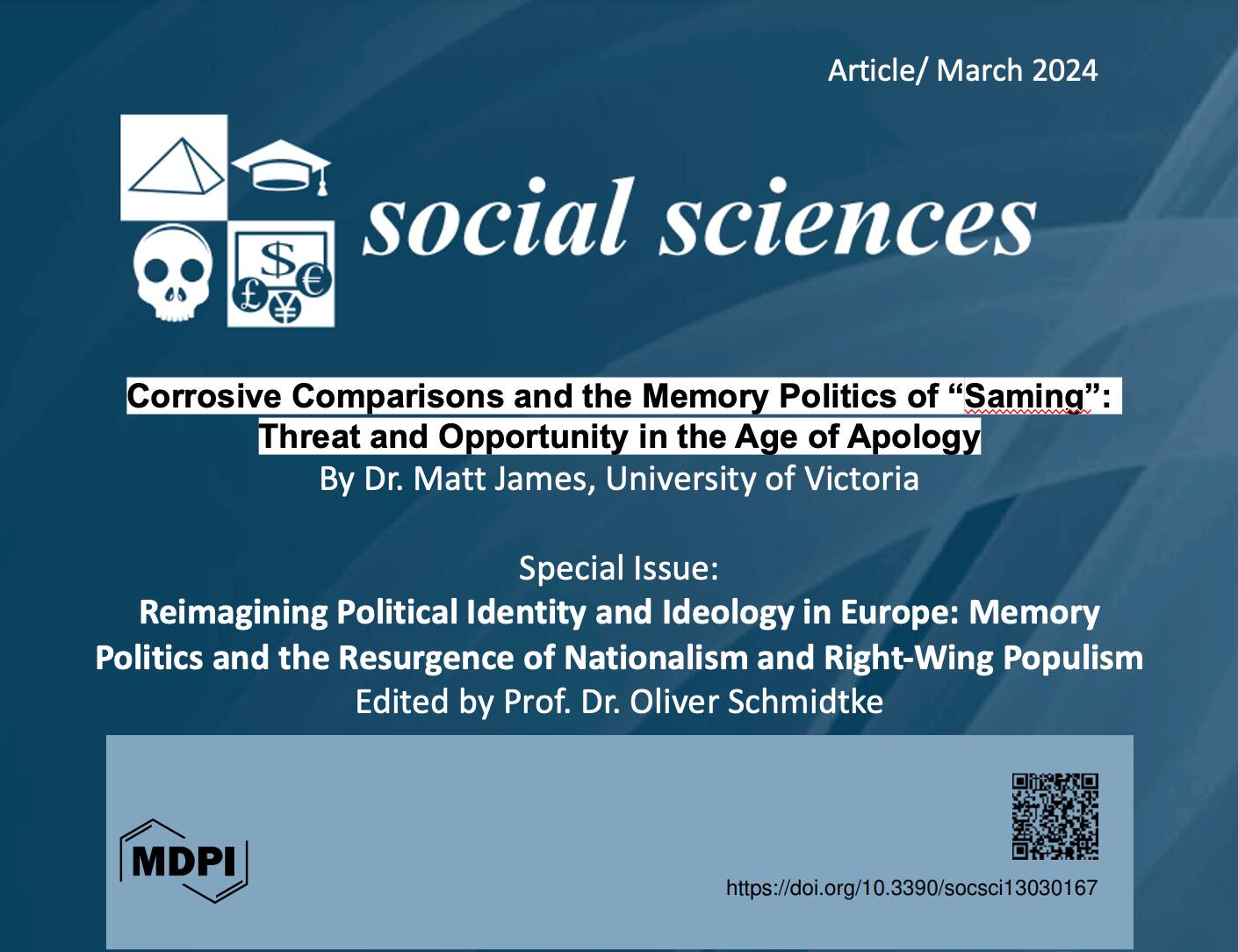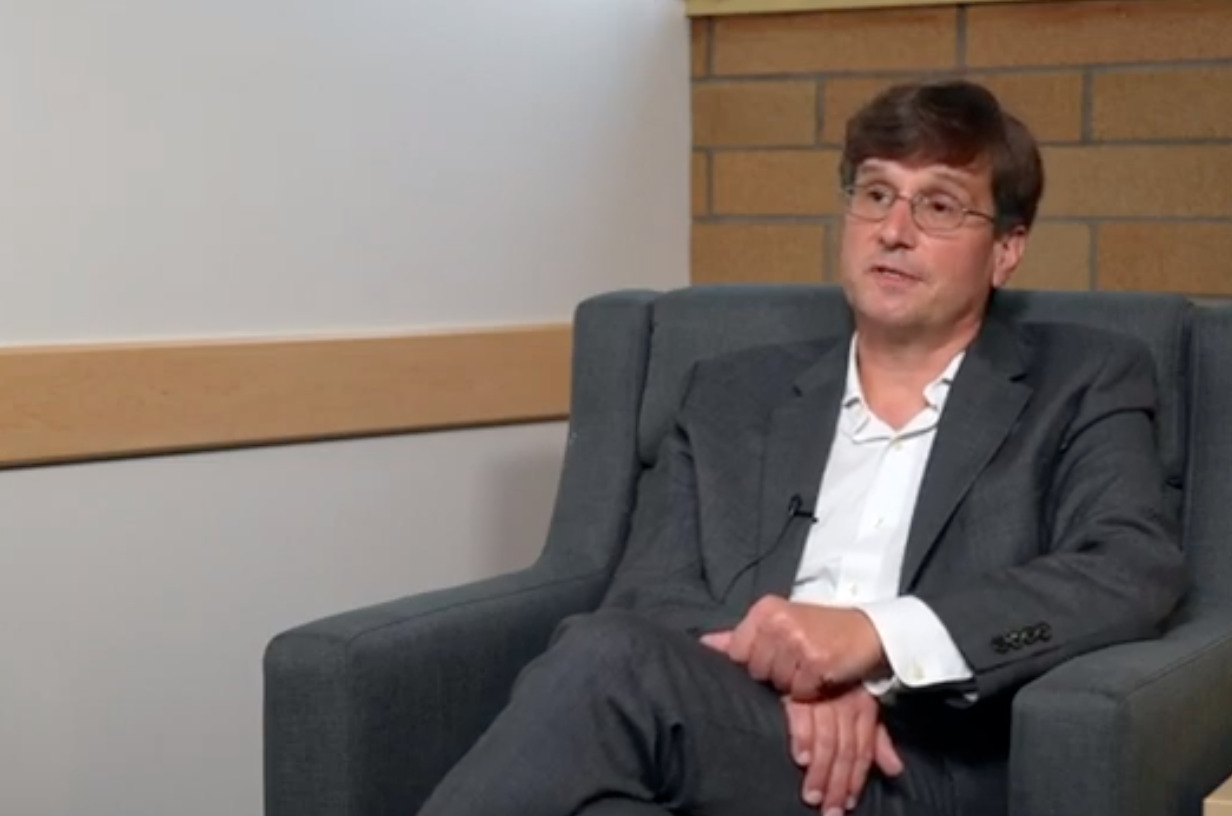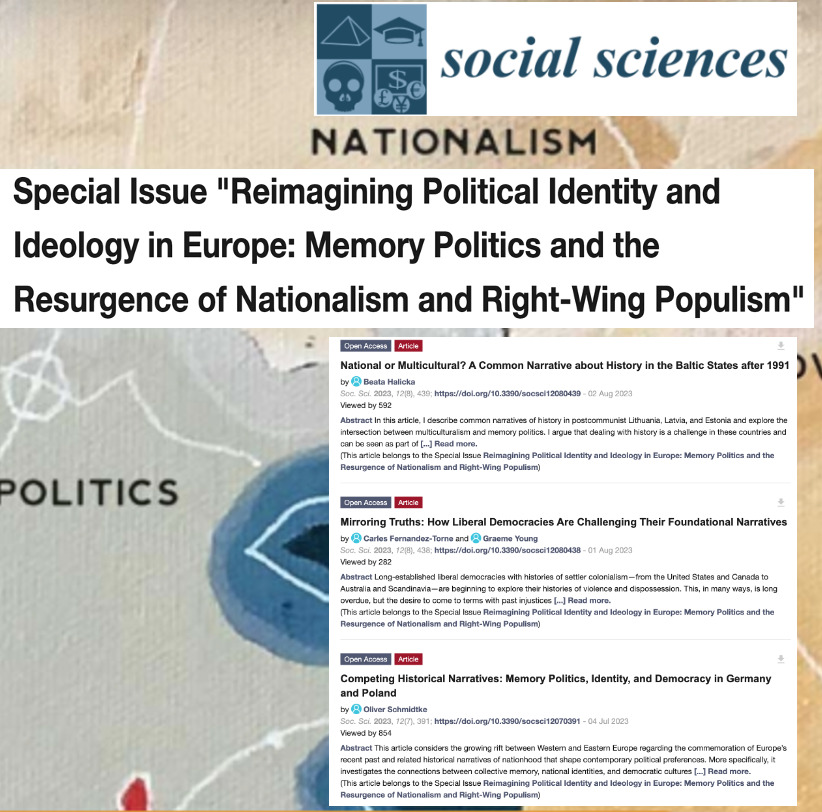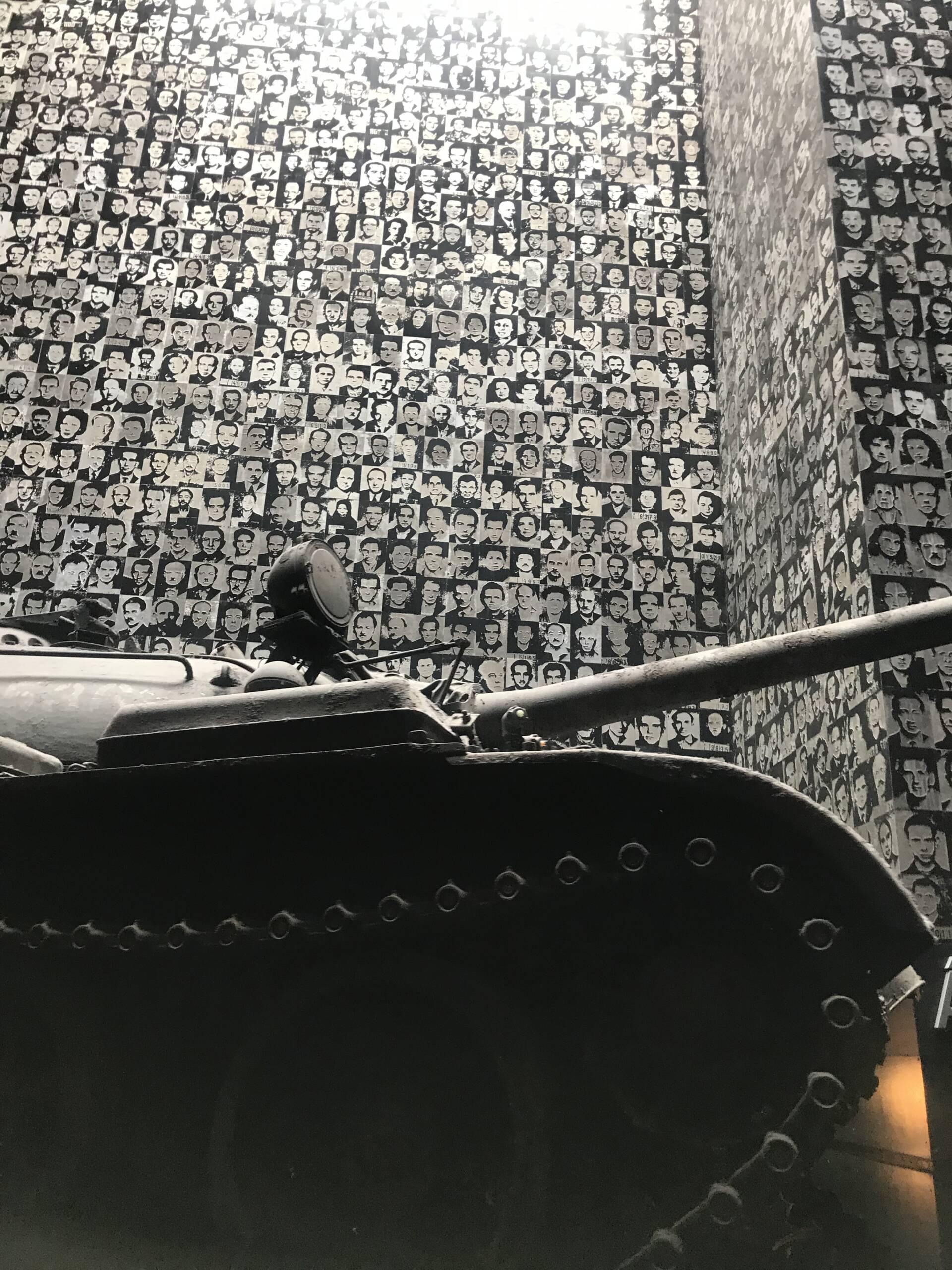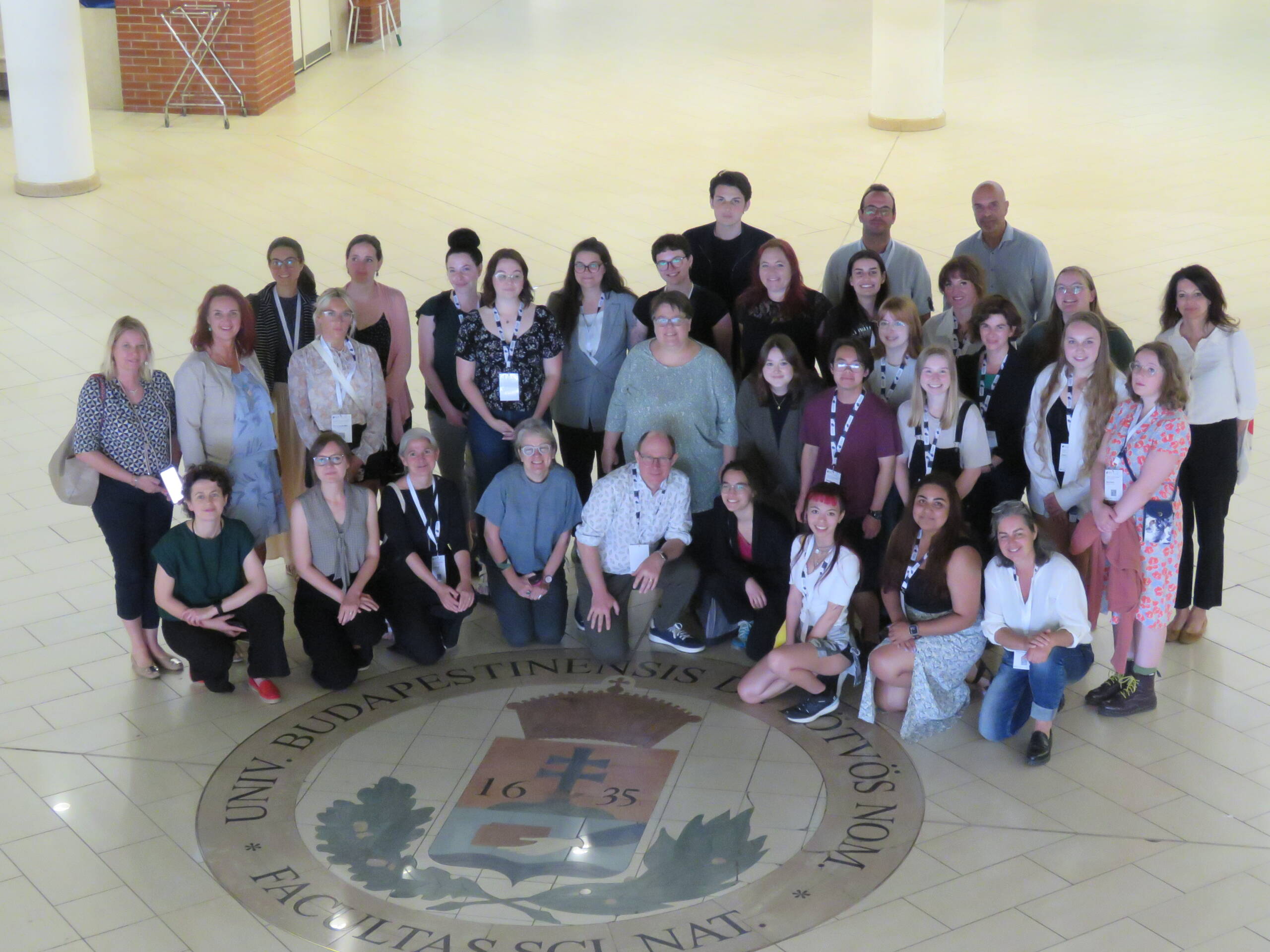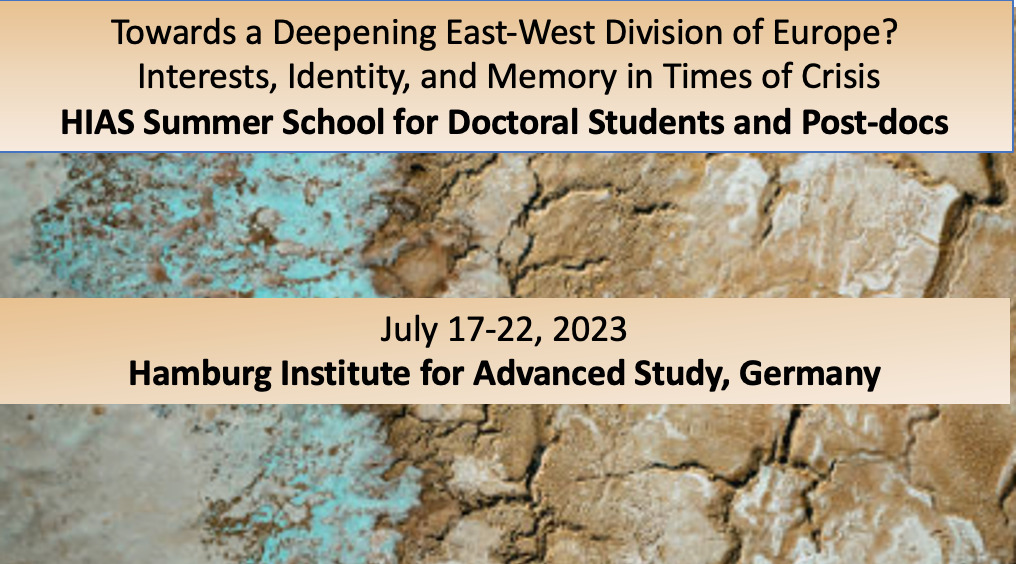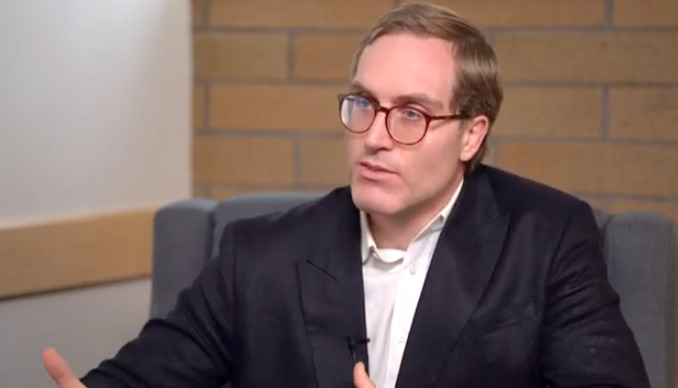Corrosive Comparisons and the Memory Politics of “Saming”: Threat and Opportunity in the Age of Apology
New Article in the Special Issue: Reimagining Political Identity and Ideology in Europe: Memory Politics and the Resurgence of Nationalism and Right-Wing Populism, edited by Dr. Oliver Schmidtke, University of Victoria.
Corrosive Comparisons and the Memory Politics of “Saming”: Threat and Opportunity in the Age of Apology
By Dr. Matt James, Department of Political Science, University of Victoria
RP “Abstract: This article contributes to the interdisciplinary fields of memory and historical justice studies by analyzing one, particularly troublesome kind of competitive comparison that sometimes happens in memory politics in the so-called age of apology. The article calls this kind of competitive comparison, “saming”. Saming involves the attempt, via far-fetched or otherwise wrongheaded comparison, to exploit the recognition of some well-known case of historical injustice. Further, saming involves pursuing this comparison in ways that both trivialize the original injustice and undermine the framework from which the recognition of that injustice derives. The article develops its arguments
and analysis by studying Budapest’s House of Terror museum and two Canadian redress campaigns, which sought historical recognition for the wartime internments of persons of Italian and Ukrainian ancestry, respectively. Saming is a recurrent problem, ubiquitous and probably inevitable in memory politics because the recognition of historical injustice brings with it unavoidable and indeed often valuable incentives to comparison. Thus, the overall aim of this article is to analyze the threat of saming in order to better defend the cause of comparison in introspective collective remembrance.
Keywords: populism; historical justice; comparison; Holocaust; House of Terror; internment; memory
studies; age of apology ”
Read more https://www.mdpi.com/2076-0760/13/3/167
Dr. Mat James is a contributor to UVIc’s Jean Monnet Network “European Memory Politics: Populism, Nationalism, and the Challenges to a European Memory Culture”, co-financed by the Erasmus+ Programme of the European Union and the Centre for Global Studies in collaboration with the Konrad Adenauer Foundation Canada.
